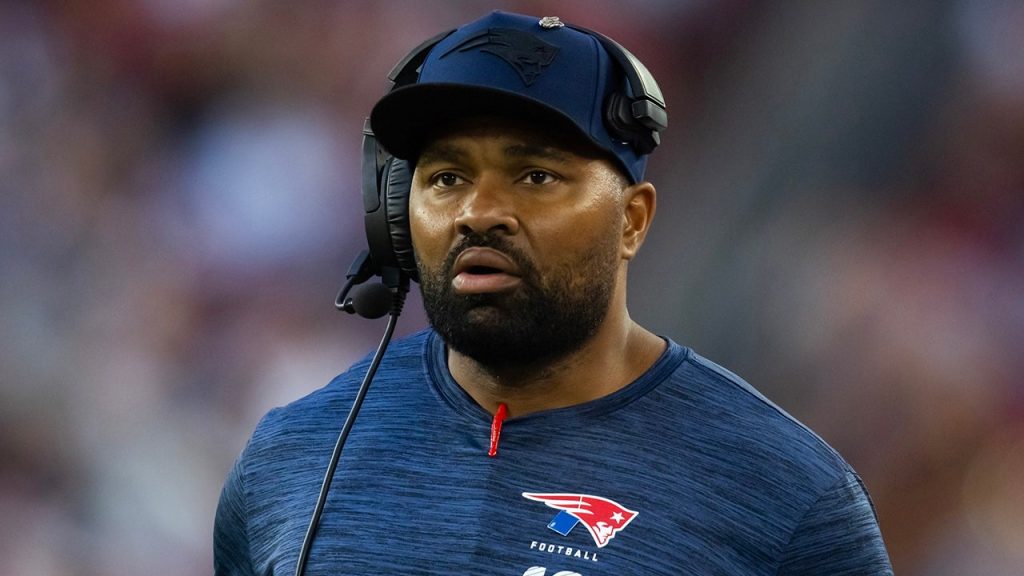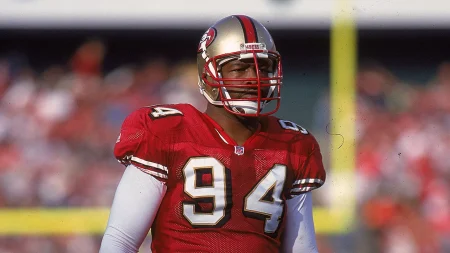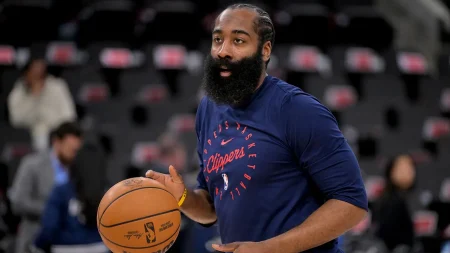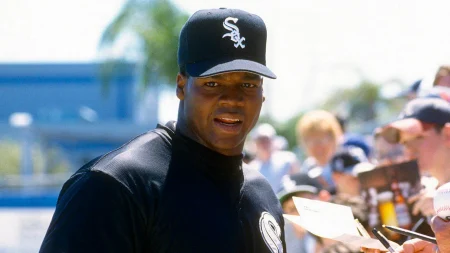ESPN analyst Stephen A. Smith expressed his strong disapproval of the New England Patriots’ decision to dismiss head coach Jerod Mayo after just one season, attributing the move primarily to the availability of Mike Vrabel, a more experienced candidate. Smith argued on “First Take” that Mayo hadn’t been given adequate time to develop as a head coach, especially considering the team’s existing talent deficit and the challenging circumstances inherited from Bill Belichick’s era. He pointed to the 4-13 record as a reflection of the team’s inherent limitations rather than solely Mayo’s coaching abilities. Smith further contended that the Patriots’ organization had gradually turned against Mayo throughout the season, influenced by the prospect of securing Vrabel, who was rumored to be a target for other teams like the New York Jets. This maneuvering, according to Smith, prevented a proper evaluation of Mayo’s potential and unfairly cut short his tenure.
Smith’s critique underscored the broader issue of coaching instability in the NFL, often exemplified by “Black Monday,” the day after the regular season concludes when numerous coaches are fired. He questioned the fairness of this system, particularly in Mayo’s case, where a single season seemed insufficient to judge his coaching prowess. He drew a comparison to Doug Pederson’s dismissal from the Jacksonville Jaguars, a firing Smith viewed as justified, highlighting the perceived double standard in evaluating coaches based on their circumstances and opportunities. While acknowledging Mayo’s own missteps, such as publicly criticizing the team’s lack of toughness, Smith maintained that these comments were not the primary reason for his dismissal.
Robert Kraft, the Patriots’ owner, announced Mayo’s firing after the team’s final game, a victory against the Buffalo Bills. In his statement, Kraft expressed the difficulty of the decision, emphasizing his long-standing respect for Mayo, both as a player and as a member of the coaching staff. He recounted Mayo’s progression through the organization, from a rookie in 2008 to a respected leader in the locker room and on the sidelines. Kraft acknowledged his own commitment to appointing Mayo as the next head coach, recognizing his potential and fearing that other teams would attempt to recruit him.
Kraft’s justification for the dismissal centered on the team’s underwhelming performance in recent years and his responsibility to the fans. He acknowledged the fans’ expectations for a better product on the field and apologized for the team’s failure to meet those expectations. While expressing regret over the decision, Kraft framed it as a necessary step to expedite the Patriots’ return to championship contention. This suggests a sense of urgency and a desire for quicker results than Mayo’s developmental timeline might have allowed.
The juxtaposition of Smith’s passionate defense of Mayo and Kraft’s explanation for his dismissal highlights the complex dynamics within professional sports organizations. While Kraft focused on the team’s overarching goals and his accountability to the fan base, Smith emphasized the perceived injustice towards Mayo, a young coach seemingly denied a fair chance to prove himself. This difference in perspective reflects the inherent tension between long-term development and the immediate pressure to win in the highly competitive NFL environment.
The narrative surrounding Mayo’s firing revolves around questions of fairness, opportunity, and the influence of external factors, such as the availability of other coaching candidates. While Kraft’s statement emphasized the team’s needs and his commitment to winning, Smith’s analysis pointed to the potential for unfair treatment of a promising coach caught in the crosshairs of organizational strategy and the relentless pursuit of immediate success. The contrasting viewpoints underscore the inherent complexities of coaching decisions in the NFL, where individual careers often intersect with larger organizational objectives and the ever-present pressure to deliver results.













